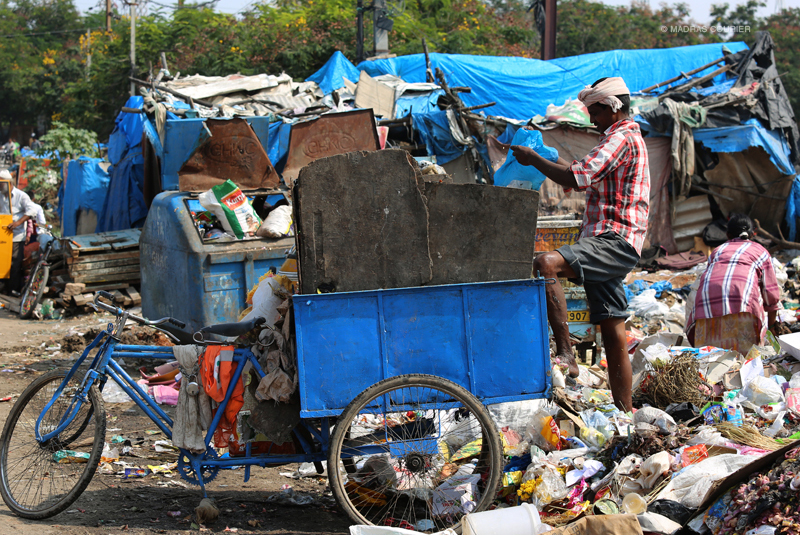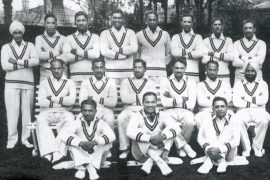When we tried to conduct interviews of the rag-pickers at the Jawahar Nagar landfill in Hyderabad, we were met with cynicism.
Every month, around 15 or so reporters or foreigners come here and take our interviews and photographs. I’ve been here for 20 years, and nothing has changed. If we fall sick, nobody even helps us. We have to put our own money on the line. What’s the point of speaking to you?
It is always a challenge to do justice to the story of the subaltern. In attempting to speak ‘for’ the oppressed, we can be doomed to repeat narratives of subordination. Little can change in their world, despite reams of coverage. But India’s rag-pickers are not a community to be deprived of a voice.
Waste segregation traditionally brings to mind the image of the budding ecowarrior separating veggies from plastics within their domestic waste. In India, however, this is carried out by unregulated workers, who toil long hours to find items of value from ever-growing piles of trash. Described as ‘rag-pickers’, they form part of an informal economy that spans up to 80-90% of livelihoods in the country. According to Shashi Bhushan Pandit, who runs the All India Union of Ragpickers, they number around four million.
Copyright©Madras Courier, All Rights Reserved. You may share using our article tools. Please don't cut articles from madrascourier.com and redistribute by email, post to the web, mobile phone or social media.Please send in your feed back and comments to editor@madrascourier.com











